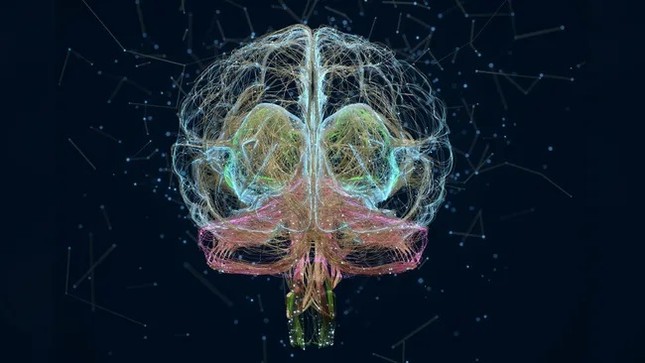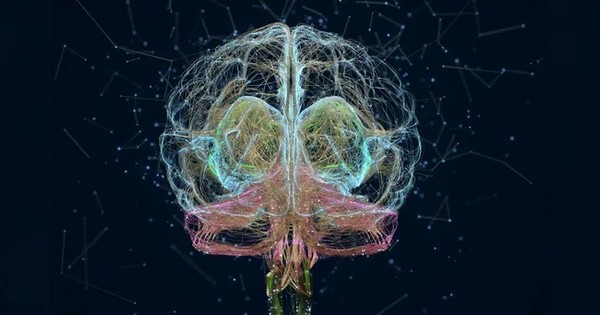Warning: Elon Musk’s ‘Human-Computer’ Interface Vulnerable to Third-Party Attacks and Manipulation

Việc đưa máy tính vào não người sẽ không còn chỉ là chuyện khoa học viễn tưởng, mà sắp sửa trở thành hiện thực thông qua dự án của công ty Neuralink do tỷ phú Elon Musk sáng lập. Các nhóm nghiên cứu học thuật và thương mại đang thử nghiệm các thiết bị “máy tính- não người” nhằm giúp người khuyết tật có cuộc sống độc lập hơn. Tuy nhiên, dự án này đã trở thành trung tâm của các cuộc tranh luận về an toàn, đạo đức và khoa học thần kinh.
How does the human brain-computer chip work?
Neuralink’s N1, a coin-sized device, is designed to enable patients to perform actions simply by focusing on them, without the need for physical movement. The device is surgically implanted in the part of the brain that controls movement. It records and processes the brain’s electrical activity and transmits this data to an external device such as a phone or computer. The external device “decodes” the brain activity and learns to associate specific patterns with the patient’s desired goals, such as moving a computer cursor on the screen. Over time, the software can recognize continuous patterns of neural activity while the user imagines performing a task and then execute it.
Neuralink’s current experiments focus on helping individuals with paralysis control computers or smartphones. The human-computer interface, also known as BCI (brain-computer interface), can also be used to control devices such as wheelchairs.
Why is Neuralink facing criticism?
Neuralink received FDA approval for human trials in May 2023, and Elon Musk announced the company’s first human trial in January 2024. However, very little information about the implantable device has been disclosed, apart from recruitment documents for trial participants.
When scientific research is funded by government agencies or charitable groups, its purpose is to promote public interest. Neuralink, on the other hand, is a privately held company that seeks to maximize profits, which may conflict with the best interests of patients.
What ethical concerns do Neuralink’s trials raise?
While the use of “human-computer” devices to aid disabled individuals in achieving greater independence, communication, or mobility can profoundly improve their quality of life, there are also unforeseen consequences that come with well-intentioned medical interventions. With BCI, scientists and ethicists are particularly concerned about the potential for identity theft, password hacking, and extortion. Depending on how these devices access users’ thoughts, there is also the possibility of third-party manipulation of autonomy.
In addition to privacy risks and vulnerabilities, researchers worry about the potential downsides of implanted devices like Neuralink, as their components are not easily replaceable after implantation.
At present, Neuralink’s trials focus on patients with paralysis. However, Elon Musk’s ultimate goal is to help humanity, including healthy individuals, “keep up” with artificial intelligence.

